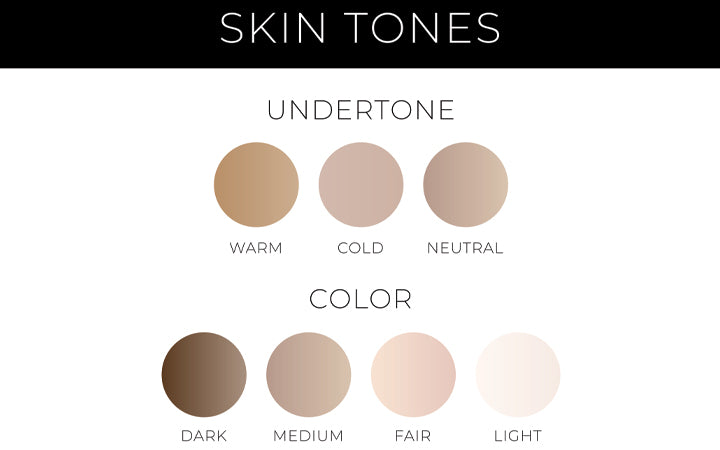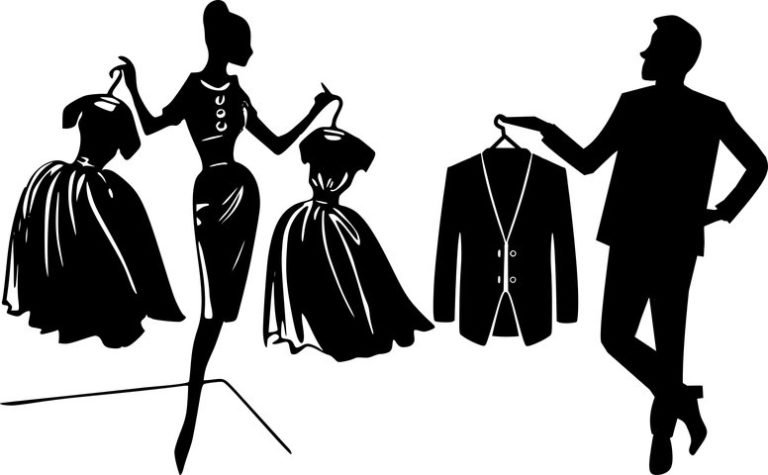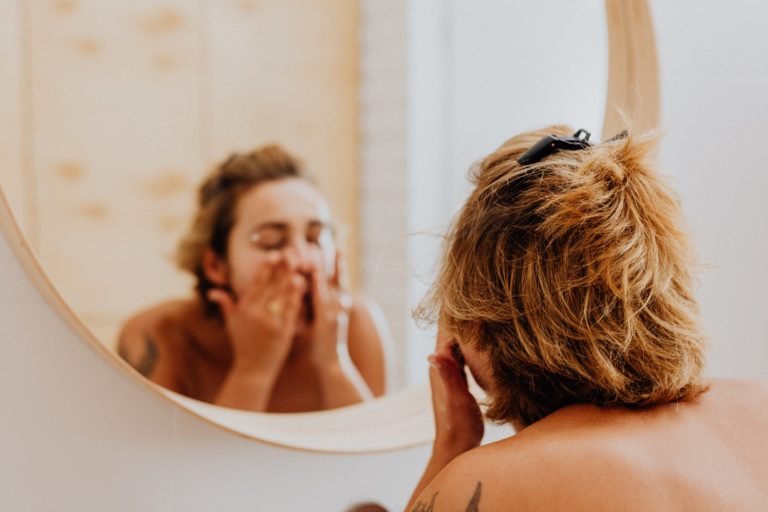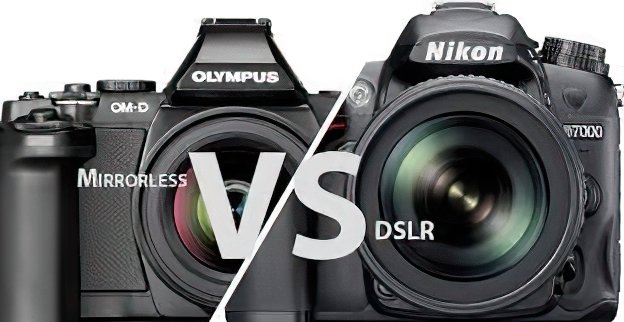3 STEPS TO KNOW THE BEST APPLICABLE CLOTHES COLORS FOR YOU
Do you believe some research is telling women – good for them – and only women have the potential for super color vision, and for some of them, they can see 99 million more colors than the average human being!! Wow. 😊
I love their opinions and decisions about furniture and curtains colors; they are 99% correct.

Furthermore, Do you know that color can be essential in creating certain moods, influencing people’s decisions, and even influencing physiological reactions? And that Certain colors affect increased blood pressure, metabolism, and even eye strain.
SO WHAT IS THE MATTER ABOUT COLORS!!?
Every one of us thinks that there is a unique group of clothes colors that make him look his best and another that makes him look his worst, but is it the right group of clothes colors, or is there a better group for him?

So it’s vital to know what colors mean. The best group of colors that fits your skin, for You to choose the look you want to present as your style (7 easy steps to find and develop your style), both personally and professionally, getting the results you want, even more, how to build your wardrobe on a budget with colors and outfits that will match and go with your body shape type, and will make you stunning.
First, let’s know everything about skin colors (tone – undertone):
1. Difference Between Skin Tone And Skin Undertone

Skin tone is the surface skin color, whereas skin undertone is the subtle hue underneath the surface.
The 4 Main Types Of Skin Tones Are:
1-Light
2-Fair
3-Medium
4-Deep (Dark)
The 3 Main Types Of Skin Undertones Are:
1-Warm
2-Cool
3-Neutral
As you can see from the figure, everyone’s undertone sits somewhere on the spectrum of cool (bluer) to warm (more yellow).
As we say, each of us is unique; it must be a spectrum because some people are richly warm, and some are very icy cool, but most are somewhere in the middle, and a few are genuinely neutral, a perfect balance of warm and cool.

Once you know your undertone, you can eliminate any colors with the opposite undertone ( as shown in the graphic).
So, if you’re warm, you can eliminate all the colors on the cool side, and if you’re cool, stop warm colors considering true RED, GREEN, BLUE, AND YELLOW are technically neutral colors.
Now let’s start our three steps to find the most fitted clothes colors for your skin:
1-Determine Your Skin Tone and undertone:
A- skin tone:

Examine Your Jawline
This area is usually less affected by skin color changes than the rest of your face. Check your freshly washed skin in this area under natural sunlight. Try to determine if it is light, medium, or profound.
B-skin undertone:
Test 1 – Vein Test
Examine the color of your veins on the underside of your wrists:
– You probably have a cool undertone if your veins are blue or purple.
-If you have greenish veins, you have a warm undertone.
-If you are unsure which color is most evident in your veins, you will likely have a neutral undertone.



Test 2 – Sun Test:
Does your skin tan quickly without any burning sensation when you are out in the sun? If yes, you have a warm or neutral undertone. Otherwise, you fall in the excellent undertone category.
2-Determine Your Skin’s neutral color:
A-pick six objects, each a different neutral color. In this context, the six neutrals are light and dark gray, golden and dark brown, navy, and black. Grays and browns come in warm and cool variations, so pick ones that match your color profile.

b- Look at your face next to each object: Do this under bright natural light. Try to decide which color makes you look your best. The right color will make your eyes look brighter and your skin healthier. If you have trouble choosing, ask a fashionable friend for their opinion.
c- Choose one or two neutrals. These colors will make up the workhorses of your wardrobe. Most of your pants, dresses, jackets, and shoes should be your chosen neutrals. Avoid mixing neutrals in an outfit.
3-Create Your Core Colour Palette:
Now that you’ve determined your undertone as cool or warm, your best neutral color, to find the best clothing colors for you, the next step is to identify if your color palette will be predominantly soft and muted colors or bright and transparent colors.
1-The 4 Basic Colour Groups:
To help you visualize the four essential color palettes, here is a representation of how all six primary and secondary colors could fit into each group:

As you can see, you can narrow your color palette into complementary colors by identifying your undertone, cool or warm, and then deciding on your tone preference.
The key is to look for colors with blue or yellow undertones to match your own.
2-Start creating your color palette:
- First, select your neutrals
Example neutrals:

2- select three colors you prefer or tend to wear most often. Consider three shades from light to dark of each of your chosen colors. This will expand your core color palette to three tiles per color and create color groups.
Example blue color groups:

3-You will end up with twelve tiles to summarise your color palette. Of course, you can include as many or as few colors in your color palette as you wish; however, three provide options while not being too broad.


Keeping your color palette in mind when shopping and knowing the undertone that works best for you is the first step to building a wardrobe with intent and purpose and choosing the best clothing colors.
Finally
Inspit of all the above, Keep in mind that all the above is a subjective analysis and how each person views colour will vary respectively to him. Ultimately your colours need to align with your personal preferences and directly relate to your inner confidence. You can choose the color that makes you happy, optimistic, and opened to a life full of challenges regardless your tones and undertone and then shorly you will be stunning.
“Color vision deficiency isn’t the end of the world. It’s just a different view of it”
Karen Rae Levine





